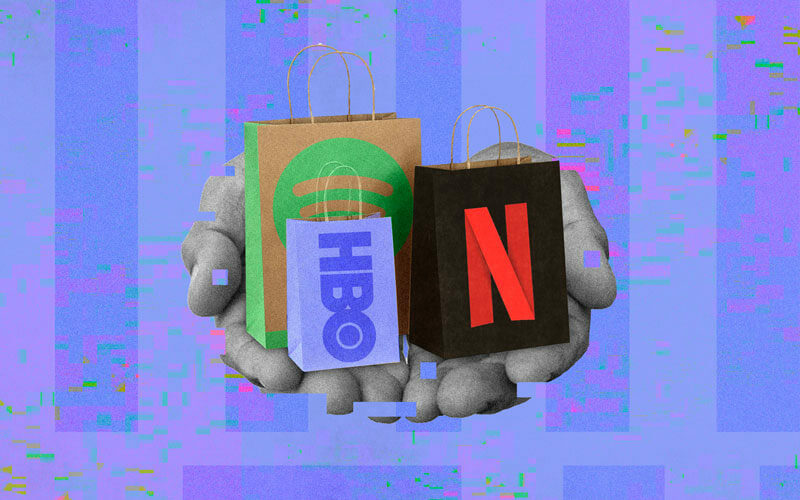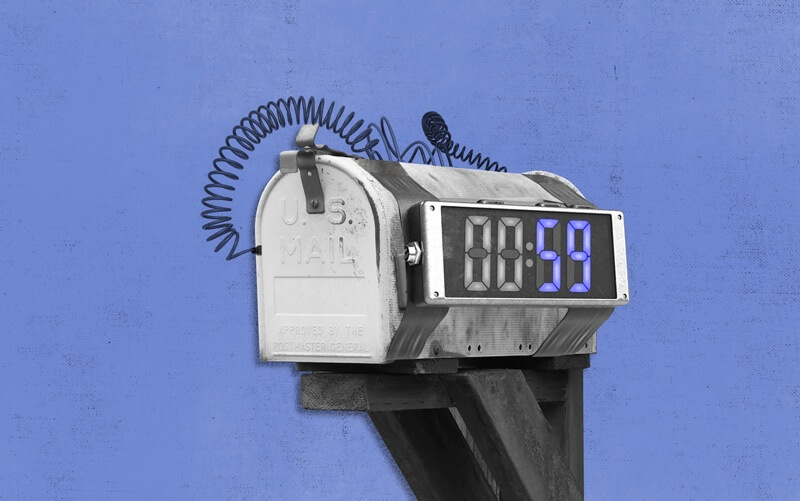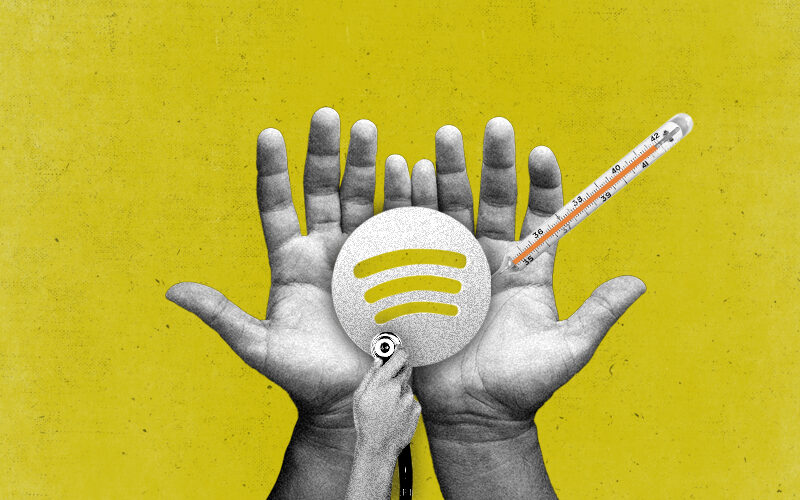Around 5 years ago, #subscriptionlife was in a golden era.
Subscriptions fulfilled our every physical need (smartphones, razors, flowers, coffee pods) and digital need (TV, music, fitness, SaaS). Streaming services had freed us from the shackles of terrestrial/cable TV.
Netflix gave us a nice entertainment selection. Some of us had little bonus accounts like Shudder or Hulu for an extra dose of horror and reality. Spotify had long been an institution in our musical lives, keeping our playlists organised and our interest fresh with new features like Discover Weekly and Daily Drives. Amazon Prime even let us subscribe for the delivery of our subscriptions.
There are now about 50 streaming services in North America alone. In Australia, we have ramped up to 27.
And 40% of Millennials, the original subscription generation and largest active consumer group, are “overwhelmed”.
When streaming turned sour
It made sense for YouTube to get involved. No one was surprised when Amazon jumped in. But then the cable providers we thought we’d escaped came lumbering Frankenstein-like through our screens in the forms of Peacock, Paramount+, ESPN+, and HBO Now.
Proliferation in the market led to stiff competition for scripts, actors, and contracts. Programming was pulled apart, leaving viewers scrabbling across subscriptions. If you’re a fan of Marvel, Game of Thrones, and Rick & Morty, you need Disney+, HBO Max, and Netflix to access all of them. That $10.99 Netflix subscription immediately becomes $41.98.
There’s a dark side to subscription models. Initially seeming like a friendly way to give users access to software or content in effectively a spread-payment system, they’re starting to take too much control. Both iCloud and Google Cloud give free photo storage. But now people have so many photos, they’re forced to upgrade to paid storage to access them.
With Prime, only around a third of content is “free” to paid users. Thousands of titles need to be bought or rented on top of the monthly fee.
Infighting over who gets which shows means, as usual, the consumer suffers.
We’re now in a position where we don’t need or want the number of subscriptions we have. Or we need them for one or two shows, but it’s not making financial sense to pay for the whole back catalogue. Or we don’t use them at all, we just don’t have the energy to get rid of them.
This is where NFTs are (for once) making a lot of sense.
The sharing economy
Everything has a carbon footprint – even the internet.
We already have enough stuff in the world. Web3 and the IoT are already leading our transition into sharing it. If humanity can share electricity, water, food, and goods across continents, we can reduce the catastrophic waste levels that are destroying the planet.
Think car sharing. Think the excellent but failed kids’ toys sharing startup Toygaroo. Think individuals producing excess solar energy from their rooftops and syphoning it to their neighbour. Think city dwellers with tiny gardens borrowing gardening tools to use once a year instead of buying them new and letting them rust.
(Social and economic theorist Jeremy Rifkin refers to this shift as the Third Industrial Revolution and you can watch his fascinating lecture on how it’ll work here.)
The sustainability of Web3 and the NFTs and cryptocurrencies it runs on is already on trial. We’re all aware of the massive carbon cost of Bitcoin. Cloud storage is energy-intensive. The CO2 emissions of redundant stored data in the UK alone is equivalent to 112,000 return flights from London to Australia.
Sharing is the answer, and for the first time, we have a weapon against the firewalls that corporations spend billions building.
When the rented becomes the rentee
Subscription accounts are unique data combinations. This makes them ripe for the NFT-ing.
Let’s say you have a subscription you only use once a month or for one thing. You pay $20 for that subscription. It doesn’t make financial sense. Charge $15 to rent out your account as an NFT, and suddenly it does.
The concept doesn’t have to be to the detriment of streaming services if the alternative is losing you as a customer. If properly implemented, services could even profit, taking a royalty of say 10% for the privilege.
Shifting operations to allow for this is nothing compared to the monolithic problems streaming services are already facing. The rapid multiplication of competitors mean prices (and therefore revenues) will be forced down. Users will continue to find ways to share.
Allowing subscription trading would present much less overhead than:
- Allowing for customisable subscriptions
- Implementing pay-as-you-stream functionality
- Resorting to ad-based revenue and dealing with the inevitable tide of deserters
Sticking with the status quo of allowing account sharing (and we all know how that’s gone).
Software as a service as an NFT (SaaSaaNFT?)
This is one SaaS developers – especially those in the Web3 space – need to take note of.
Project management SaaS, for example, costs anywhere between $50 to $500 a month. It’s an anticipated cost for large organisations, but for freelancers, small businesses, and founding teams, it can be an untenable expense.
Launching your software as a shareable or rentable NFT on Web3 means dramatic expansion of your customer base. It means more exposure, and an opportunity to deploy that customer stickiness so they can graduate into full ownership as they grow.
Being able to share the wealth is always the best option for consumers. Allowing this sharing is anathema to corporations. But consumers finding ways around the rules presents a “beat ‘em or join ‘em” scenario.










